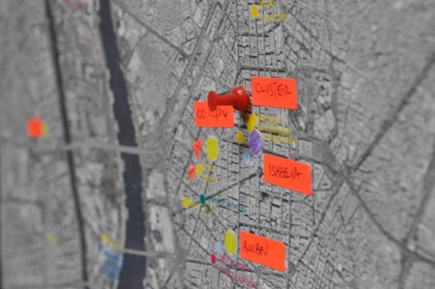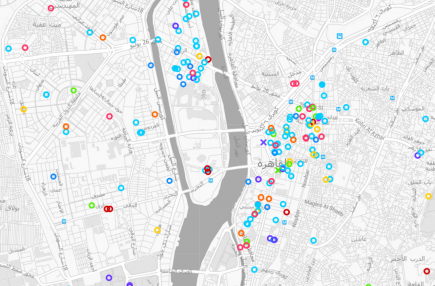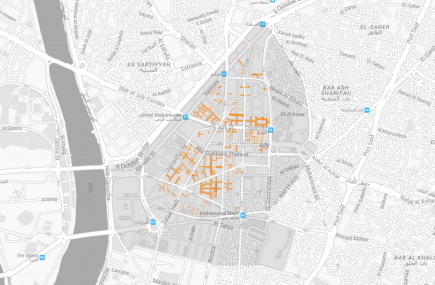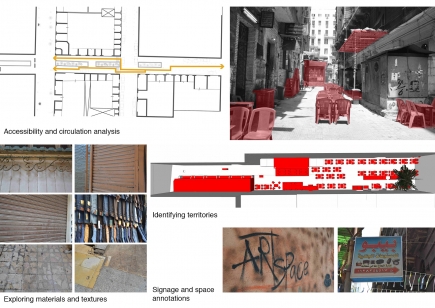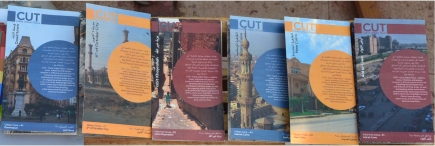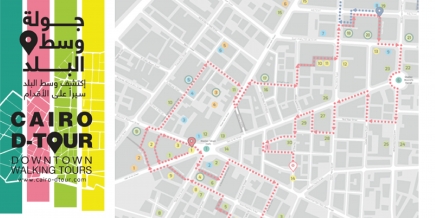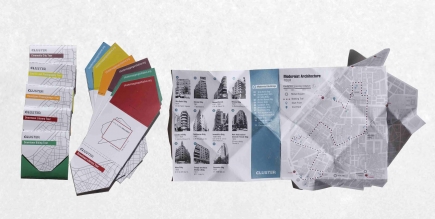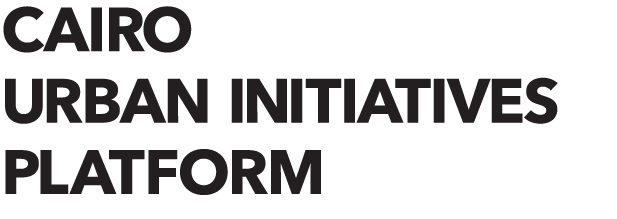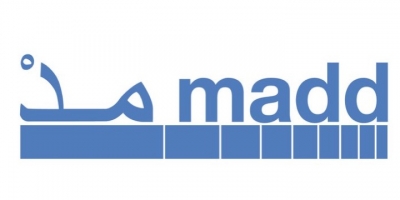| Theme: | |
| Format: | |
| Date: | Mar 24, 2016 6:00–8:00pm |
| Event Language: | English |
| Website: | https://www.facebook.com/events/1745368442361952/ |
Like many other big cities, Cairo has long suffered from a deterioration of urban space quality. To name a few factors, over-population, pollution, over-exploitation, massive centralization, and commodification are self-regenerating conditions exerting more pressure on any attempt to improve the situation.
Successive governments continue to address these problems in their ways with little if any variations. They all adopt centralized, one-size-fits-all plans which doesn't seem to work well for most of the local communities and visitors. They all seem to address the city in a top-down, quantitative and economic manner excluding much of civic life qualities, local specificities, social networks, and most of the social groups' interests. The state's approach is mainly characterized by the exclusion of other planning approaches and practitioners. In this sense, the state considered these practices and approaches as an 'other'. Furthermore, the state is also involved in a process of 'othering' where it excludes all other forms of unplanned spontaneous urbanization labeling them as informal while the government practices itself manifested in the urban sprawl of gated communities around Cairo are turning into upper middle class informalities.
MADD platform, formed by a group of architects, is one of the initiatives founded in the last five years, with a focus on finding alternative solutions in the urban planning field and even attempting implementation. MADD adopts values and tactics that are very different from the governmental main stream planning, for example: inclusion, participatory planning, transparency and other qualitative approaches. It locates problematic sites within the context of the city, and using a multidisciplinary spatial negotiation in an attempt to de-conflict the situation.
MADD’s approach remains largely a parallel practice not very welcomed by the government or at least neglected, despite the government being one of the main stakeholders in MADD’s work. Yet, in very few cases the government acknowledged the projects and even adopted them. In such cases these groups temporarily seized being an ‘other’.
In this lecture Mohamad Abotera and Ahmad Borham are trying to present a brief of these approaches as an alternative to the common governmental and technocratic practice. They take MADD's projects as a case study evaluating their potentials and shortcomings, both when working in parallel and in collaboration with the government. Finally, they hope that our presentation will initiate a discussion on the future of these alternatives and their potency.
Abotera was trained as an architect with both a professional and an academic career. He finished his MA in Architecture, Globalisation, and Cultural Identity at the University of Westminster in 2007. His activities include academic teaching and research, cultural project management, and architectural consultations. He is also a co-founder of MADD platform and affiliated with a number of urban initiatives. In his research he is interested in the political dimension of space, unplanned urbanism, representations and urban activism.
Ahmad Borham is an independent urban researcher, practicing design architect and teaching in the Arab Academy for Science and Technology and the American University in Cairo. He holds a Masters of Science with a thesis is titled Resilient Rules: Culture and Computation in Traditional Built Environments. He is co-founder of Cairo from Below and Madd initiatives which share the aim to encourage inclusive urbanization in Cairo. He also maintains the Drawing Parallels blog where he draws comparisons between urban conditions in Cairo and other cities in search for emergent patterns.
! Attention !
We open our doors at 5:30 and close them at 6:15 or earlier in case the lecture room has reached its full capacity. Coming in early is advised as the number of seats is limited.
